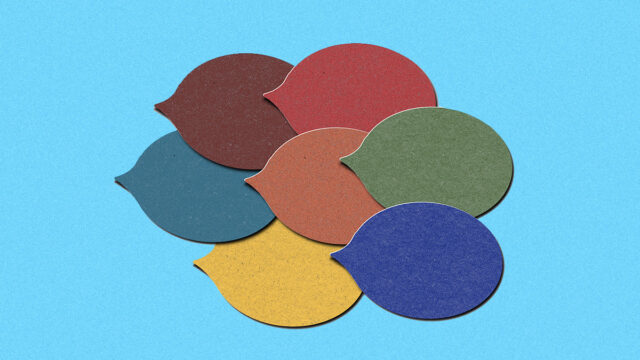Brand leaders frequently say, “We want to be seen as a lifestyle.” It’s a catchall where audiences are immersed in story, statement, style and sound—integrated across every conceivable platform. So what if LGBTQ+ marketing wasn’t about a month or an event, but actually about lifestyle?
Marketing for Pride in 2024 appears to be the quietest, most hesitant season in recent memory as brands pull back, even from their previous investments, to “non-divisive,” milquetoast campaigns. And while Pride expression continues to be a profound struggle in too many regions, the marketing conversation is moving on from rainbow washing and into the nuances of intersectionality, where it’s not just about being seen; it’s about being understood, represented and uplifted, all the time, in multiple ways, rather than reducing queer life to a Target T-shirt.
It’s still true that Pride is a box to tick, with the broadest of broad strokes applied to floats, stands, events, merch and sponsorships. But the larger issue ultimately is that marketers start broad, around an event for a community, and hope it will reach everyone in that community.
Their approach is outside-in. But that’s not how it works for us. The aforementioned multimedia tactics are table stakes.
So much marketing, and the cultural impact it’s had, has worked best by going inside out. Success is started with an idea of hyperdefined subculture and, in reaching that smaller group, brands reach all the people influenced by that group. Look at sneakerheads, comic fans, cult TV show nerds, essential oil enthusiasts, tarot and astrology groups. Each of these and countless more delve into the intricate use of signs, symbols, behavior, language, dress and codes that speak to immersion and authenticity in ways that show up in everyday life. From there, it broadens into the mainstream.
But in LGBTQ+ marketing, authenticity and intersectionality is not only misunderstood, it’s often flat out avoided. Consider Postmates’ 2022 “Eat With Pride” campaign. It was an interesting idea but only activated for Pride. Imagine if that was an evergreen campaign around food and queer sexuality. Similarly, take last year’s Walmart “Live Love Lesbians” T-shirts, or the blanket statement “Love Wins”—like them or not, they’re reductive and stock standard.


